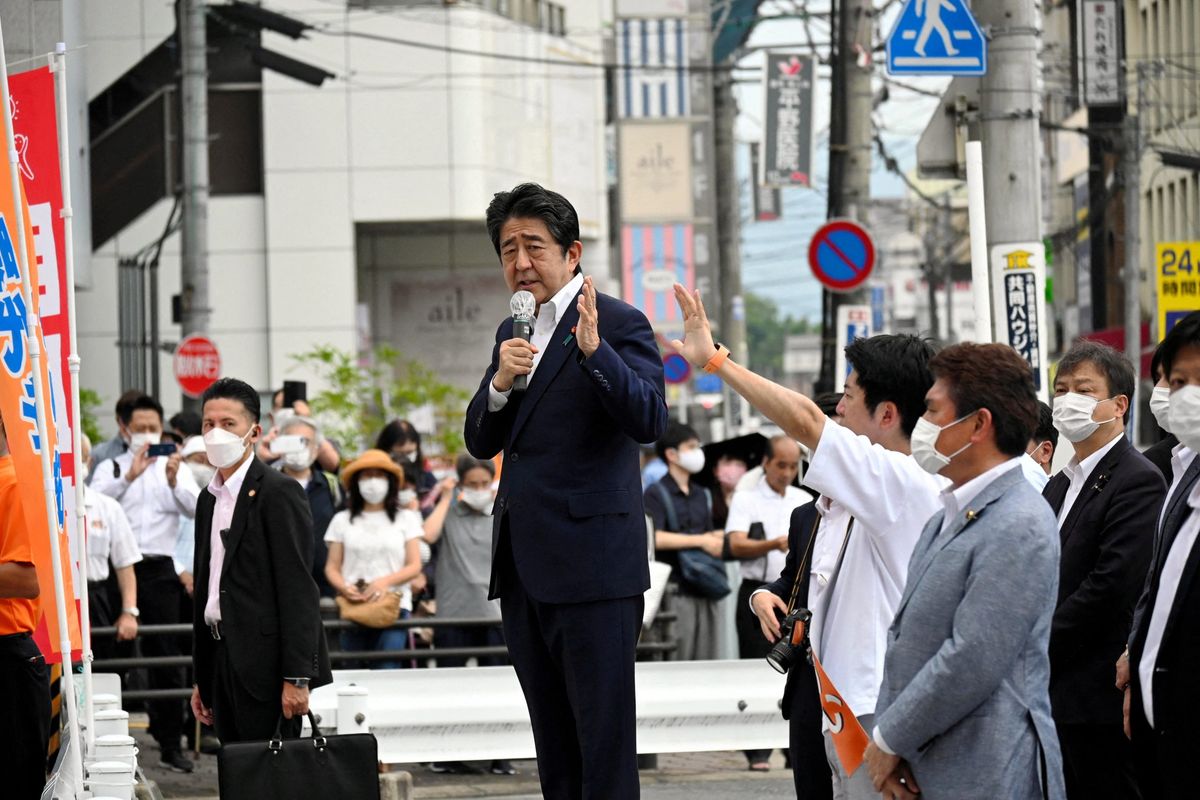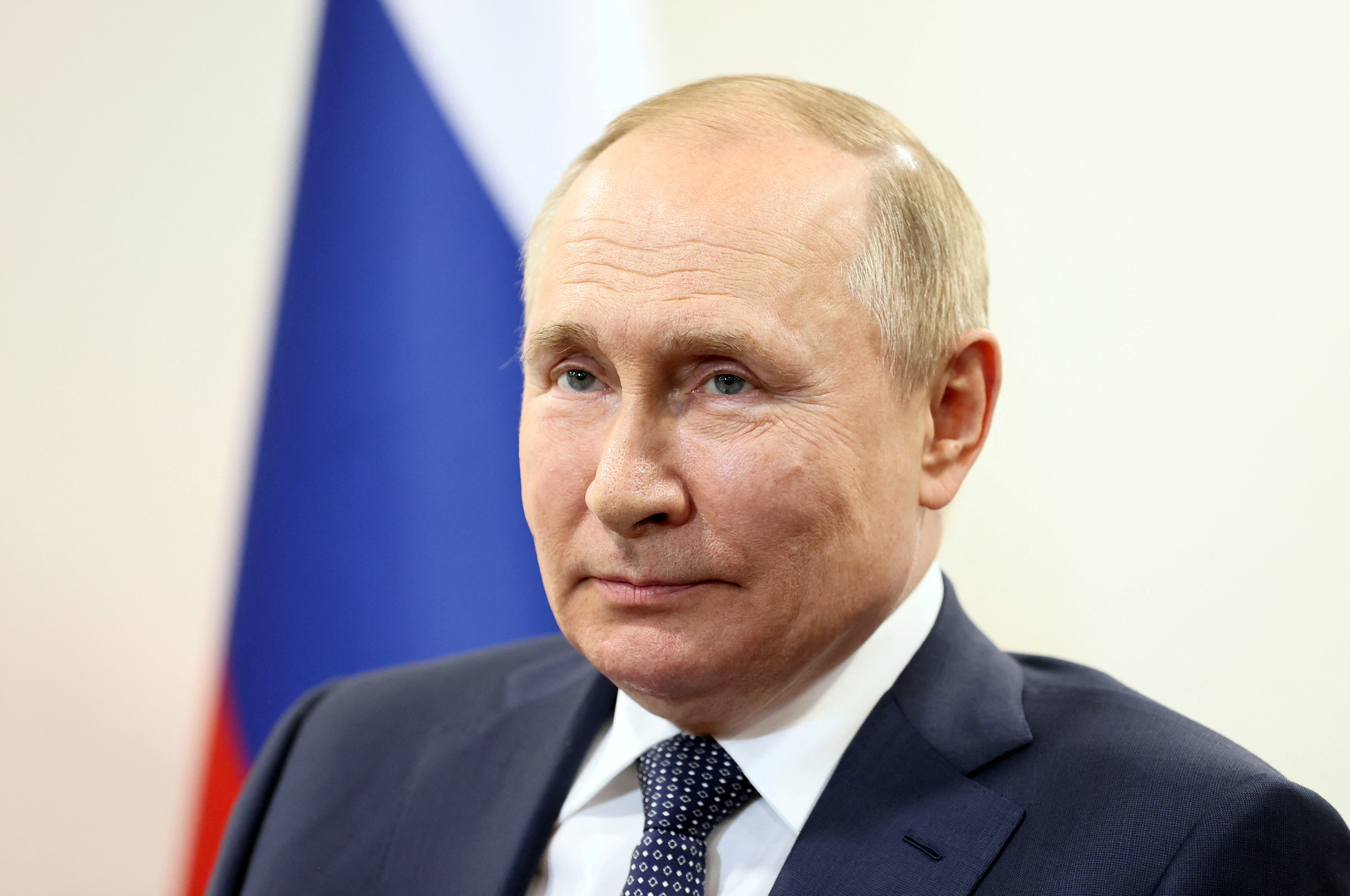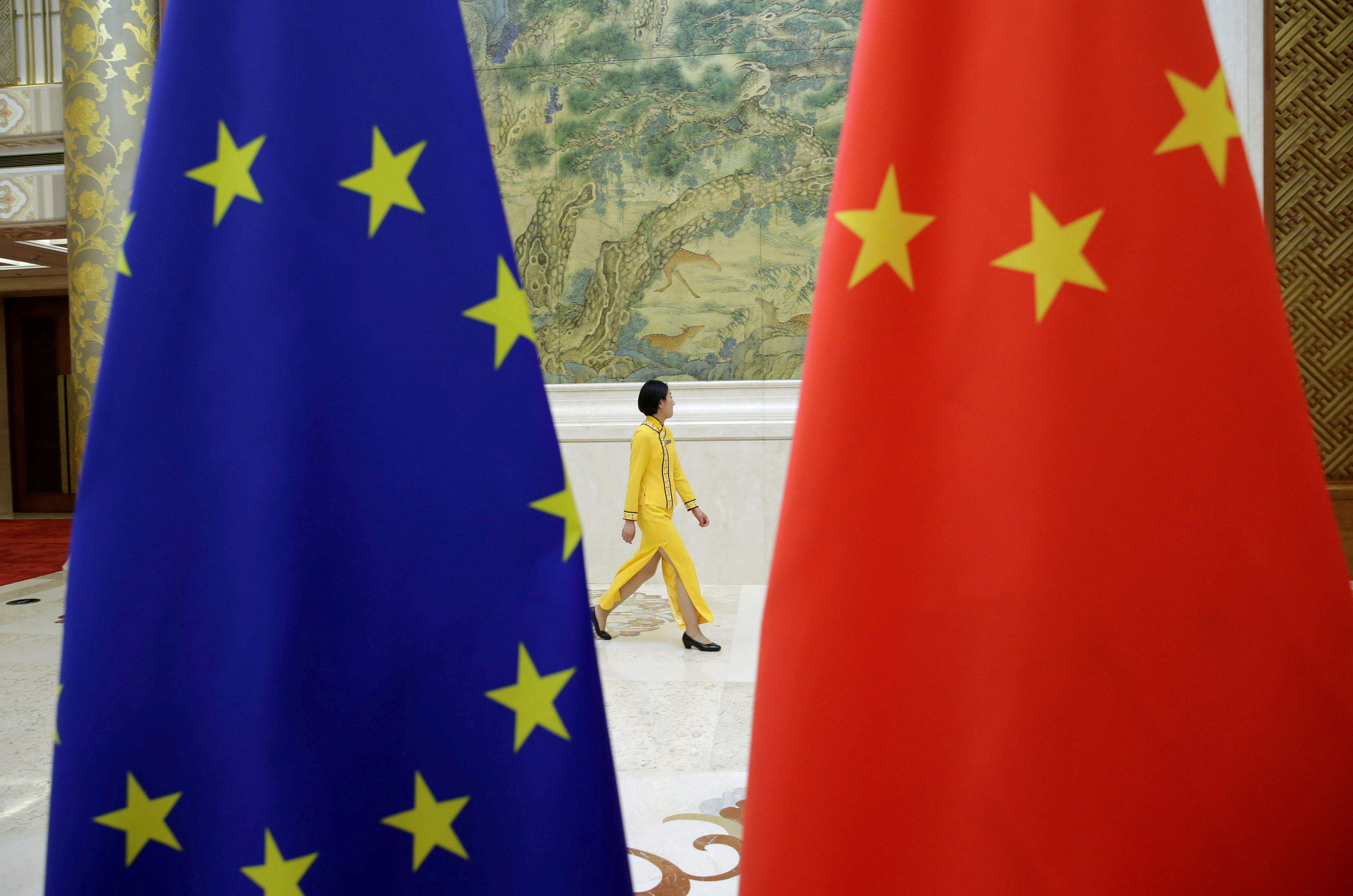From Japan’s Shinzo Abe’s security lapse to grinding away in the early years of your career – Here’s your July 20 news briefing

A few minutes every morning is all you need.
Stay up to date on the world's Headlines and Human Stories. It's fun, it's factual, it's fluff-free.
To start off, we’re looking into:
Abe’s security lapse of 2.5 seconds
As many of you know, in Japan’s western city of Nara earlier this month, Shinzo Abe – Japan’s longest-serving leader – was fatally shot. The shooter, a 41-year-old man called Tetsuya Yamagami, had a grudge against a religious group to which his mother donated money, ultimately leading to her bankruptcy. Yamagami believed that Abe was involved with this group, so on July 8, he took a homemade gun fashioned from wood and metal and shot the leader twice from several meters away.
Now, Japanese and international security experts have reviewed the footage. All of them agreed that if Abe had been removed from the line of fire in just 2.5 seconds, between the first shot where the shooter missed and the second that ultimately led to his death, Abe’s bodyguards could’ve saved him. Japanese authorities have acknowledged the security lapses, including the current leader, Prime Minister Fumio Kishida. When the security analysis was brought to Nara’s Prefectural Police in charge of Abe’s security during his campaign visit, they responded that they were “committed to thoroughly identifying the security problems.”
Russia moves away from the USD

With Western sanctions piled on Russia’s economy, the country is looking for other ways to protect itself and continue doing business with countries that haven’t yet condemned the Ukraine war, such as China and India.
Now, according to several people familiar with the situation who spoke with Reuters, Russia’s actively trying to move away from the US dollar and is seeking payment for some of its oil exports in UAE dirhams, also known as Emirati dirhams. An invoice issued reportedly used dollars to calculate the payment but requested payment in dirhams. The sources also said that some Indian refiners have settled payments in dirhams, and more will do so in the coming days. The UAE has remained neutral in its position on the Ukraine-Russia war, and this payment situation is likely to annoy the West. Meanwhile, India’s central bank has introduced a new way to settle international payments in rupees, which many interpret as the third-largest economy’s way to continue working with countries hit with US sanctions, like Russia and Iran.
China and the EU meet amid rising tensions

EU-China tensions are notably high right now. The EU has raised some concerns about how China is handling human rights issues, the procedures surrounding a so-far unratified investment agreement and its stance on the Russian invasion of Ukraine.
There was also recently a rumor flying around that President Xi had invited some major EU leaders to come to Beijing later this year, which apparently was met with silence. China has adamantly denied this, though.
Meanwhile, European and Chinese leaders are engaging in high-level economic and trade dialogues this week. The same officials will lead the talks – EU Commission Vice President Valdis Dombrovskis and Chinese Vice-Premier Liu He – as the last time the conference met two years ago. It’s no conference with Xi like rumors had suggested, but it’s a step towards reducing tensions in areas where there’s mutual interest.
To end, we’ll look into:
Is the early-years grind a necessity?
If there’s one thing we learned from the pandemic, it’s that we sometimes have to clearly create boundaries between our work and personal lives. When people were working from home, this was necessary because dining rooms, living rooms and bedrooms became offices. When that happens, it’s far too easy to lose sight of a healthy work-life balance. But is it possible to achieve that healthy balance without grinding away in the early years of your career?
See, the traditional corporate ladder involves a lot of grinding at the front of your career, with a more relaxed back end once you get older. The idea is that if you put in the long hours and grind away at the outset, you’ll gain the experience, connections and knowledge that it takes to advance in your career – meaning you have more autonomy to dictate the pace later on. And there are advocates for this way of thinking, with some experts saying that the trajectory of someone’s career is set by the energy they bring at its outset – so you might as well make the early years count the most.
“Your professional trajectory is disproportionately, and unfairly, set by the early years of your career,” says New York University Stern School of Business professor Scott Galloway. “So, if you want balance later in life, you shouldn’t be seeking balance in your twenties – but influence, relevance and economic security.”
But the reality is that the grind can also lead to burnout, stress and mental health problems – all issues that younger generations are increasingly aware of and vocal about. And that’s not to mention that the traditional view of how to be successful is being challenged by companies that are mixing things up by allowing employees to work from home most of or all of the time or requiring vacation time.
One way or another, it looks like this is the kind of trend that the market will decide. In industries with an abundance of skilled workers available for hire, balance may be a little harder to come by. But in industries where talent is scarce, companies will likely be more willing to work on balance and positive company cultures to attract those skills.
In other news …
📈Stocks, oil and Bitcoin: MSCI’s gauge of global stocks gained 2.05% – the biggest one-day gain since late June as investors believe that stocks have bottomed out and corporate earnings show that companies are navigating the current economic climate better than many thought they would be in the second quarter.
🛢US crude oil prices are up 1.58% to US$104.22 per barrel, and Brent is up 1.02% to US107.35.
👛Bitcoin is at around US$23,603.
📺Netflix earnings: Netflix has reported losing around 970,000 subscribers in the second quarter after initially warning that it would lose 2 million. The company said it expects to add around 1 million new subscribers for the third quarter and it would unveil its lower-cost, ad-tiered subscription in early 2023.
🥵UK’s raging heat: The UK recorded its hottest-ever day of 40.3 degrees Celcius in Coningsby in Lincolnshire, with nearly 35 places exceeding the region’s hottest day on record, which was 38.7 degrees two years ago. With that, greater London saw multiple fires rip through the city, leading to the London Brigade declaring it a major incident.
💼Putin’s visit to Iran: In his second foreign trip since launching an invasion into Ukraine, Putin met with Turkey’s and Iran’s leaders in Tehran on Tuesday. After the event, Iran’s leader Khamenei said that Tehran and Moscow should strengthen their relations and suggested that the West was responsible for the war in Ukraine.
🙋♀️A potential Pelosi visit to Taiwan: Financial Times first reported that some sources have said US Congress speaker Nancy Pelosi would be visiting Taiwan. It’s apparently something that has divided the White House. While the US has said that it “remains committed to its One China policy," China has said that it will definitely take resolute and forceful measures to firmly defend its national sovereignty and territorial integrity" and that the US “must be fully responsible for all the consequences caused by this."
✉Sri Lanka’s incoming leader: There is a parliamentary vote today to choose a new president for the protest-ridden country of Sri Lanka. One of the candidates is current acting president Ranil Wickremesinghe, who was appointed by the ousted Gotabaya Rajapaksa and is deeply unpopular among the protestors.
📆Twitter and Musk: After Musk’s lawyers asked for the trial to commence in February of next year instead of Twitter’s proposed five days in October, a judge ruled in Twitter’s favor, saying, “The reality is, continued delays threaten imminent harm" to Twitter.
💲Slack’s price hike: Slack is hoping to spend more on innovation, so, with that, it’s hiking the prices for its monthly pro users to US$8.75 from US$8 and its annual users to US$7.25 per month from the current US$6.67. This will take effect on September 1.
Written and put together by Jake Shropshire, Christine Dulion and Krystal Lai




Comments ()